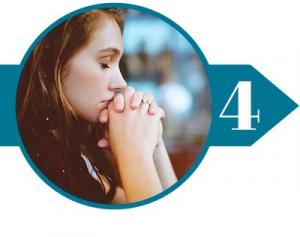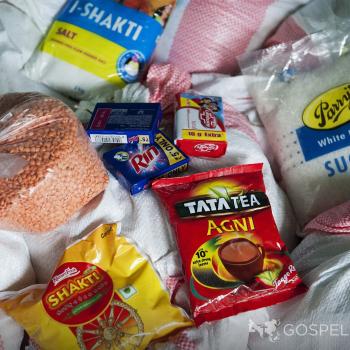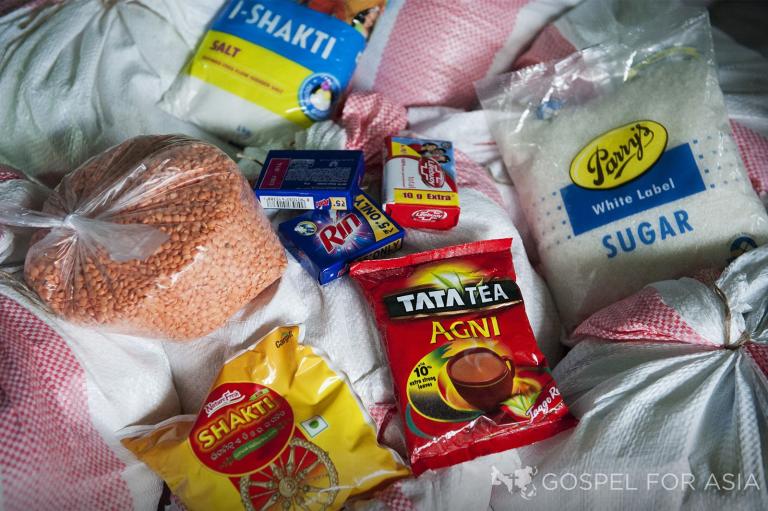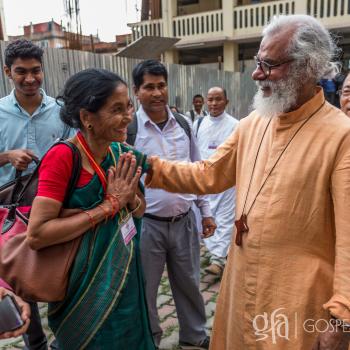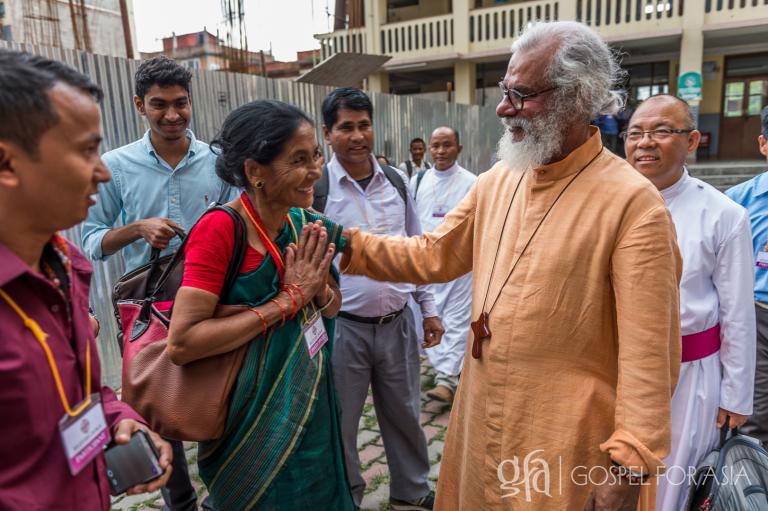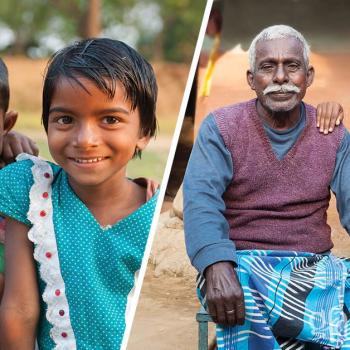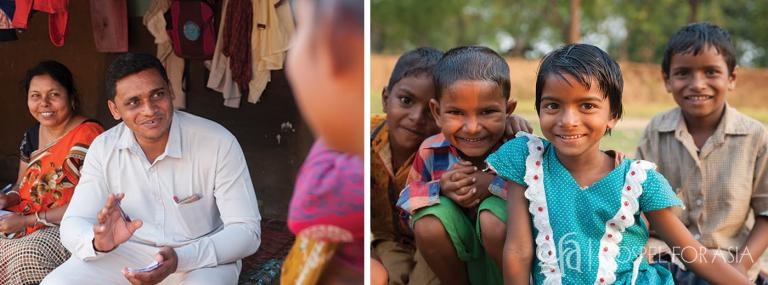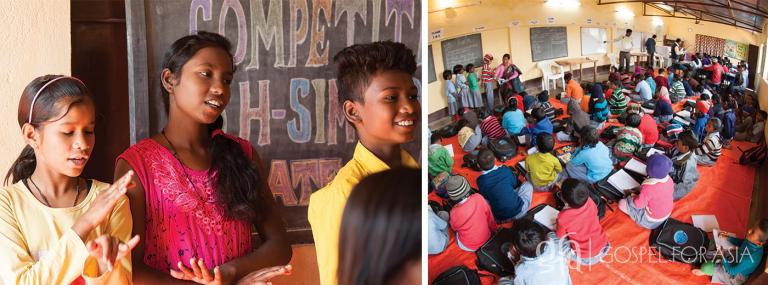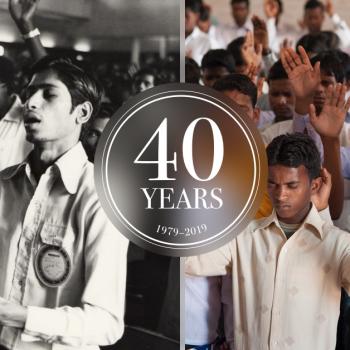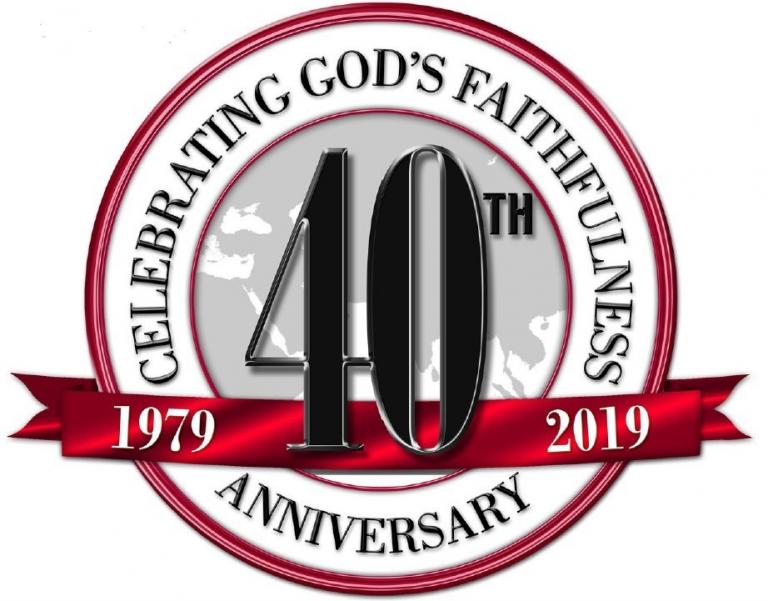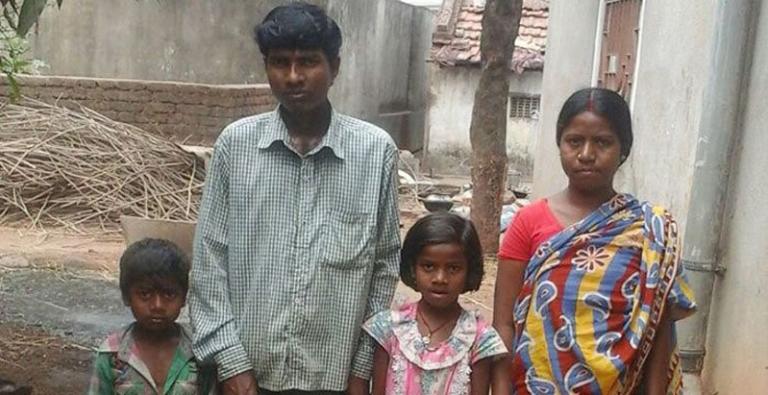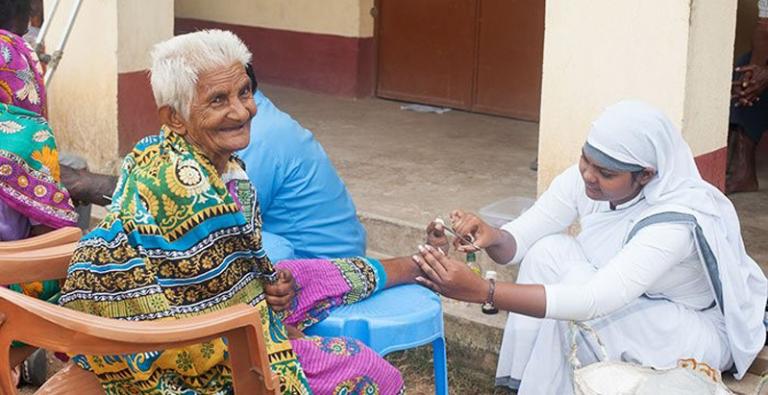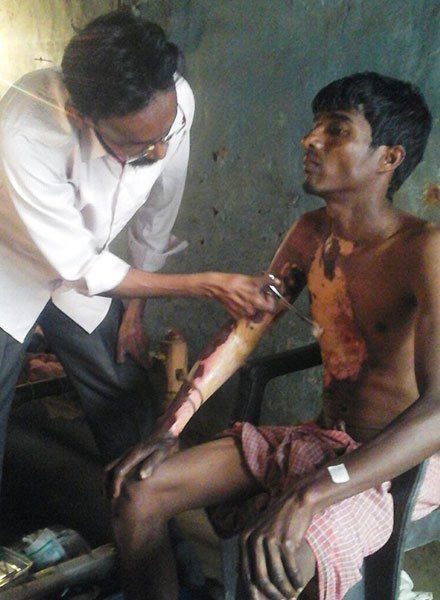WILLS POINT, TX – Gospel for Asia (GFA World) founded by Dr. K.P. Yohannan – Discussing how Gospel for Asia is the fruit of the Lord grown abundantly through Christian men and women who have committed themselves to a life of 10 core values.
I believe that the small group of Christians who gathered together regularly in the late 1970s to pray about establishing a unique (at that time) ministry to Asia completely trusted that the Lord could and would establish and empower them. I do not believe they could have, in their wildest dreams, expected what God would do with them—and through them and others—over the next 40 years.
From the very beginning, Gospel for Asia’s mission has been “to be devout followers of Christ and to live lives fully pleasing to Him.”
It is reasonable to assume that a mission-oriented group would describe its vision by the work it intends to do. Gospel for Asia (GFA) clearly is committed to transforming communities in Asia with Christ’s love. However, the 10 core values of Gospel for Asia (GFA) never mention Asia. Rather, every core value is about staying on course with the calling of God upon every individual person involved in the work.
5 Core Values for Our Inner Life
- Knowing the Lord Jesus more fully and intimately.
Loving the Lord our God with all our heart and mind and strength requires a special intimacy that can be experienced only through an intimate relationship. If this is the basis for a successful Christian life, it must also be the foundation for a successful Christian ministry. - Being a people of integrity and excellence.
Integrity is keeping our promises and commitments regardless of the cost. Excellence is not perfection, but it is exceeding expectations, which we are able to do only by living according to the next core value. - Living in submission to God’s Word.
Those who love the Lord deny themselves and their own desires, preferring to live under the clear revelation given to us in the Bible. His Word is our authority. We demonstrate submission by yielding ourselves to become the clay in Potter’s hands, letting Him not only fashion us to His liking but also using us as He deigns. - Being a people of faith.
Every moment of every day, we must believe that He is who He says He is and trust Him to do all He has promised to do. No matter what. The inevitable result of a lack of trust is that we trust in ourselves, a self-deception that eventually leads to fear and failure. - Being a people committed to prayer and worship.
We have direct access to God through His Son. That access is immediately available. Our Lord does not slumber or sleep. Committing ourselves to prayer and worship positions us to know the Lord Jesus more fully and intimately, which is core value No. 1.
5 Core Values for the Outflow of our Lives to Others
- Having a servant lifestyle.
The Lord has called us to serve Him. Our lives must demonstrate the same servant attitude toward others, believers or otherwise. This is the only way we can become the hands and feet of Jesus. - Being a people of grace and love.
This world is not a friend to grace. Nor will it teach us how to be a people of grace. Hatred, strife and contention are everywhere. Being a people of grace and love may be the easiest way for the world to see Jesus in us. - Serving sacrificially.
Serving sacrificially is so much more than “giving.” Giving measures out what we can afford, whether in time or money. Serving sacrificially is giving ourselves to the service of the Lord and His prize creation regardless of what it may cost us. - Being a person with a passion for others.
People who have never heard of God’s love are dying every day. Only we who know Jesus can introduce them to Him before it is too late. - Being a people who work together with the Body of Christ.
God has called us to this work together to get the work done. Each believer has a role to play. When we willingly yield ourselves to the Lord and lean not on our own understanding, He will make our path straight. The Lord has designed each of us to be the right tool for a specific job. We must work together, serving sacrificially, exhibiting grace and love so that together we can accomplish the work to which He has called us.
The Lord must be the center, the focus, the director and the power for all we do. Gospel for Asia (GFA) celebrated its 40th anniversary, having blossomed from a living room of a few faithful prayer warriors to one of the largest indigenous ministries in the world.
Gospel for Asia (GFA) is not the work of one man. Neither is it the work of a few or the work of many. It is the fruit of the Lord grown abundantly through Christian men and women who have committed themselves to a life of 10 core values that enable the Lord to empower them to do greater things than anyone could have imagined.
Source: Gospel for Asia, Frequently Asked Questions
Image Source: Gospel for Asia, Photo of the Day
Click here, to read more blogs on Patheos from Gospel for Asia.
Learn more about Gospel for Asia: Facebook | YouTube | Instagram | LinkedIn | SourceWatch | Integrity | Lawsuit Update | 5 Distinctives | 6 Remarkable Facts | 10 Milestones | Media Room | Fight Against Leprosy | Endorsements | 40th Anniversary | Lawsuit Response |


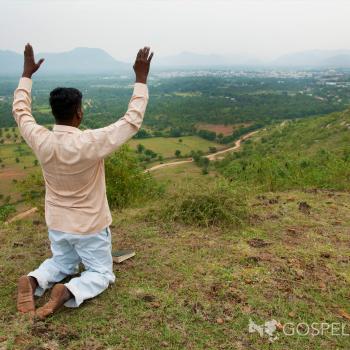
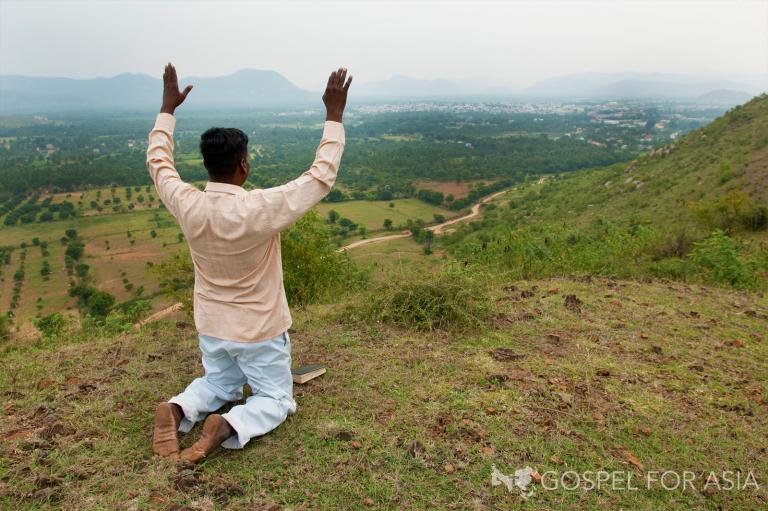

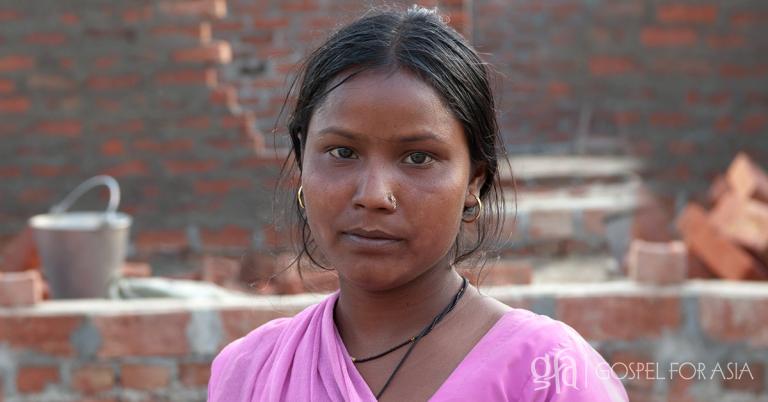
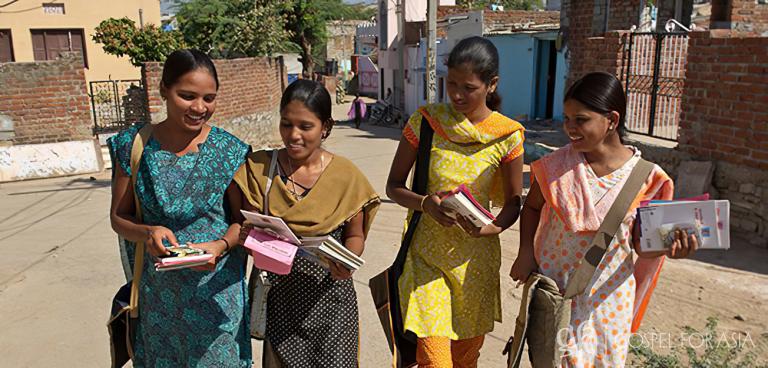
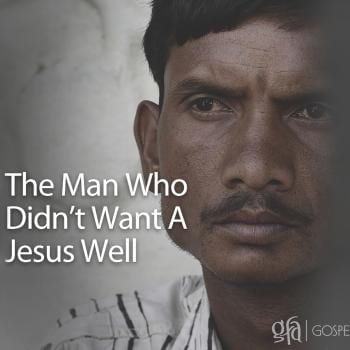
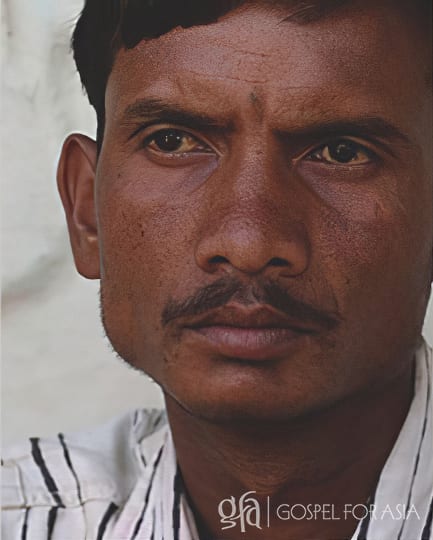
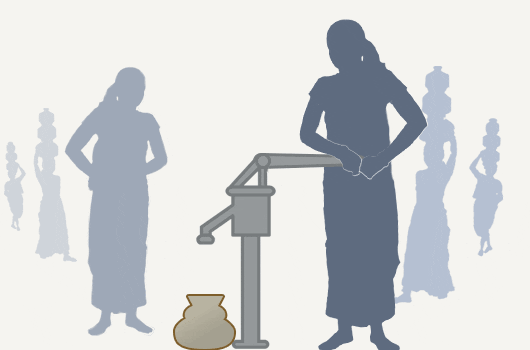
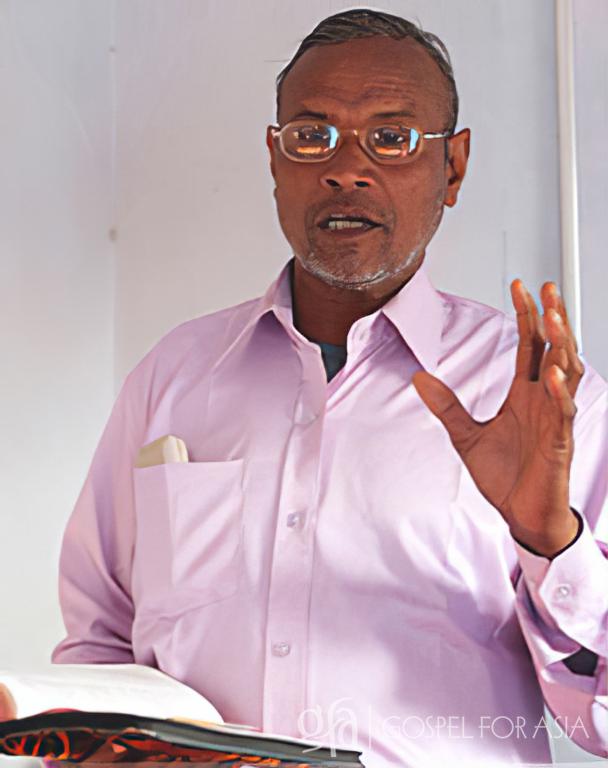
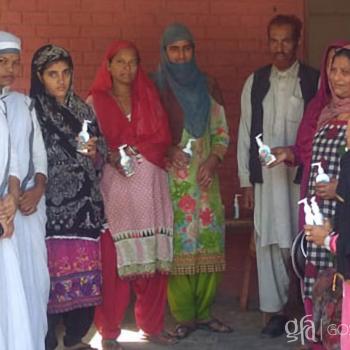
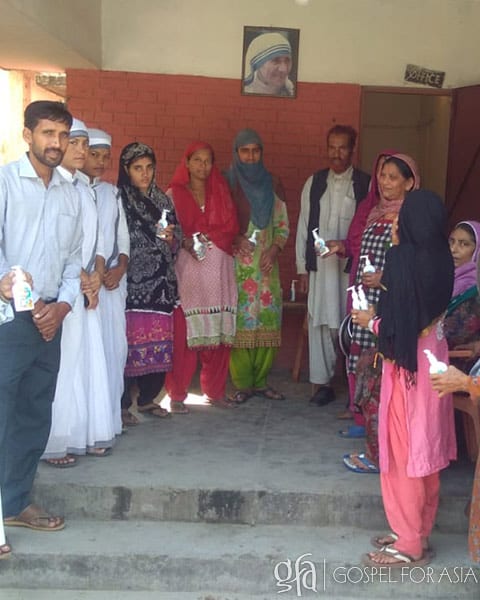
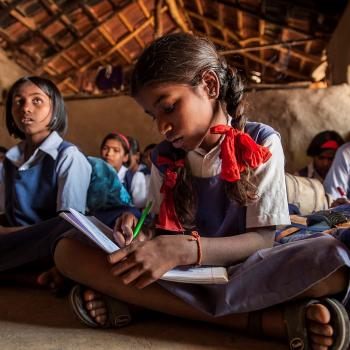
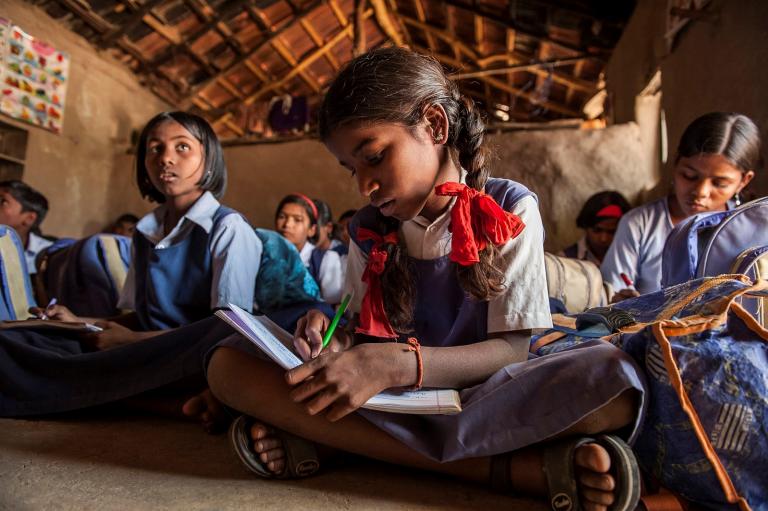
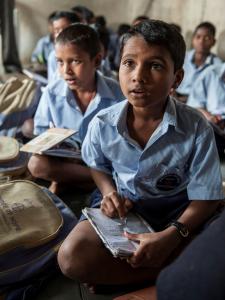
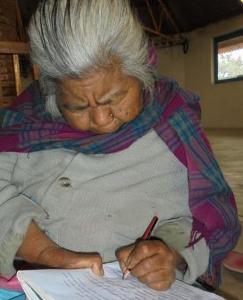
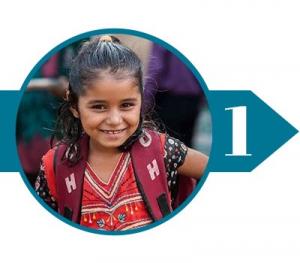
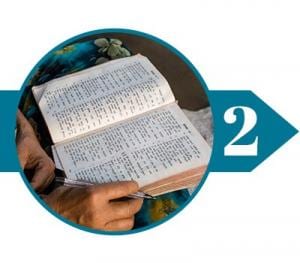 Become intentional about the miracle of being able to read and write. Take some time to consider what it would be like if you were illiterate. Intentionally notice—even notate—the many times you read and write in a day. Then thank God that you were born in a literate culture with systemic educational programs in place to increase your reading and writing capacities.
Become intentional about the miracle of being able to read and write. Take some time to consider what it would be like if you were illiterate. Intentionally notice—even notate—the many times you read and write in a day. Then thank God that you were born in a literate culture with systemic educational programs in place to increase your reading and writing capacities. Conduct an Internet exposure regarding the topic of illiteracy in your home country and then around the world. There is something about those online searches that embed the reality of illiteracy in your mind—more than just reading an article about illiteracy.
Conduct an Internet exposure regarding the topic of illiteracy in your home country and then around the world. There is something about those online searches that embed the reality of illiteracy in your mind—more than just reading an article about illiteracy.